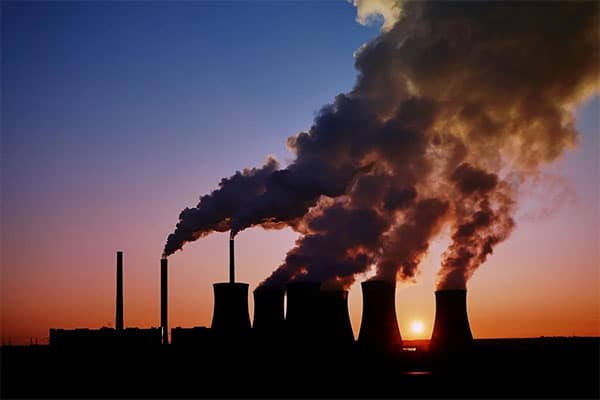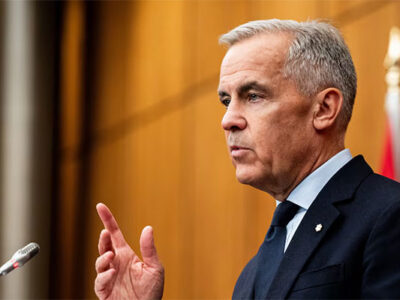Large economies will produce more than double the amount of fossil fuels in 2030—than is consistent with meeting climate change goals set under the Paris Agreement.
These findings come from the United Nations Environment Program’s (UNEP) annual production gap report.
The report assesses the difference between governments’ planned production of coal, oil and gas and production levels that are consistent with meeting Paris temperature limits.
The report concludes that of the 15 major fossil fuel producers assessed, they plan to produce around 110% more fossil fuels in 2030 than would be consistent with limiting the degree of warming to 1.5C, and 45% more than is consistent with 2C.
“Governments continue to plan for and support levels of fossil fuel production that are vastly in excess of what we can safely burn,” says Ploy Achakulwisut, a lead author on the report from the Stockholm Environment Institute.
The countries analyzed in the report were Australia, Brazil, Canada, China, Germany, India, Indonesia, Mexico, Norway, Russia, Saudi Arabia, South Africa, the United Arab Emirates, the United Kingdom, and the United States.














Comments